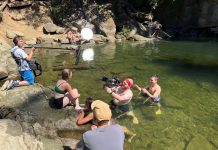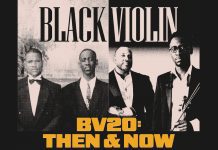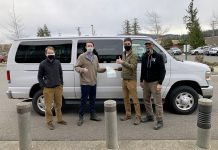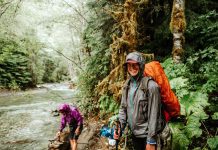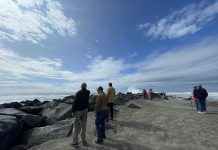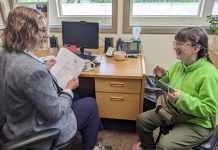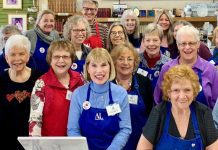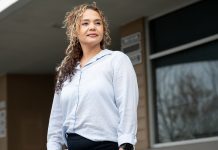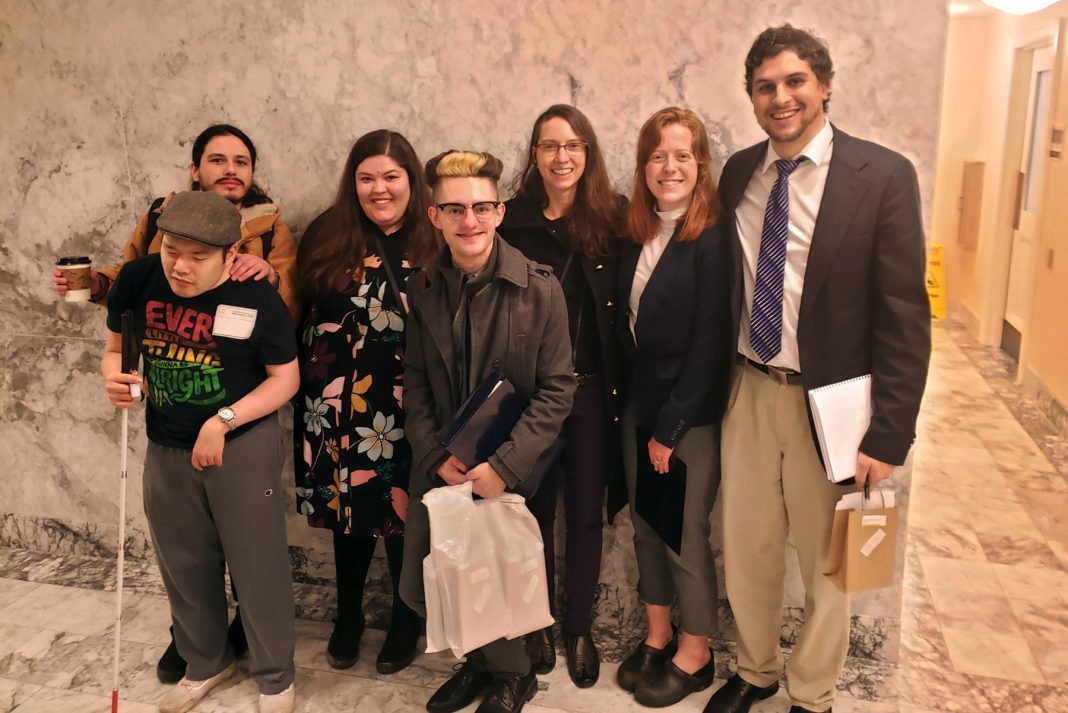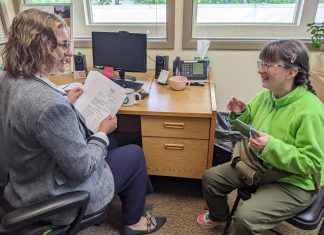Cascade Connections has served people with disabilities for more than 40 years, and continues to enrich its practices, staff, and initiatives to help provide for the community. Training Director Allison Hill and Vocational Services Administrator Kristin Nguyen recently sat down with WhatcomTalk to discuss the principle “Nothing About Us Without Us” and how they help put its principles into practice in the community.
“It’s not just a movement of Cascade Connections, it’s been going on for a while, brought forth by people with disabilities wanting to be at the table when decisions are being made about their lives,” says Nguyen. “People with lived experiences should be involved in making decisions, whether it’s through our organization, our community, or political decisions. We don’t want people making decisions on behalf of other people without delivering their viewpoints first.”
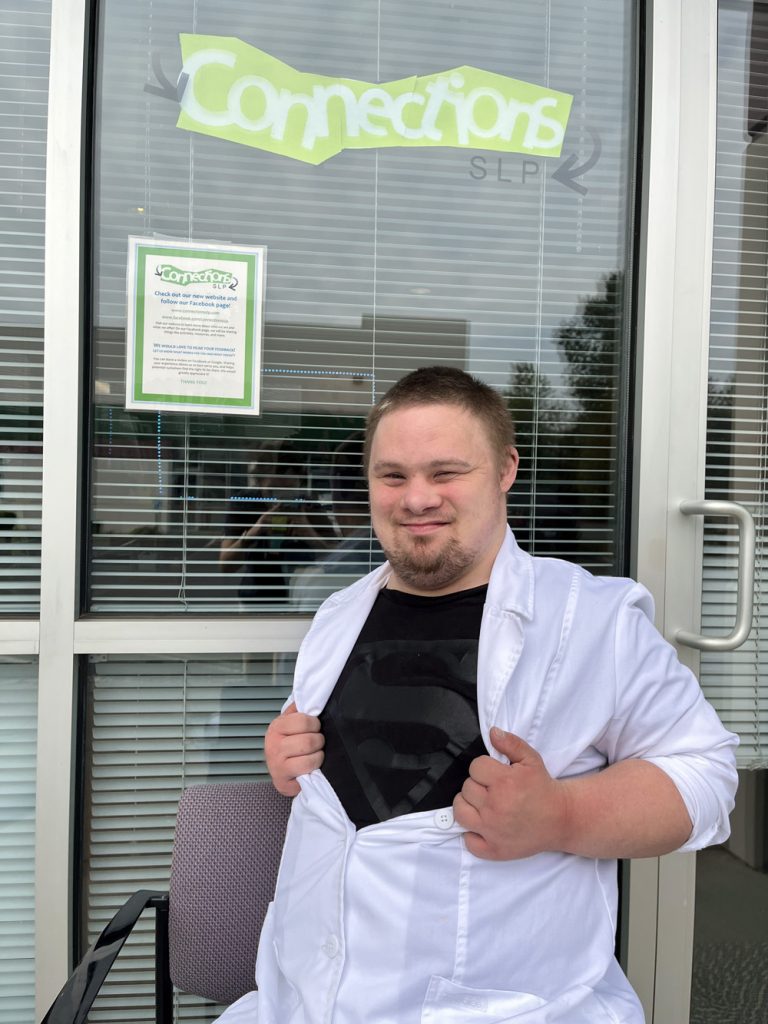
Cascade Connections seeks to help lift up the voices of people with disabilities in their communities and workplaces so that the best solutions and initiatives that make the most sense come to light.
“We’ve had the privilege of being able to talk with some activist advocates on why this is so important,” Nguyen says. “Allison and I have worked in the field for quite a long time, and sometimes our best intentions are not necessarily implemented in the way people that are receiving services or accessing their community want them to be.
Going directly to the source of what is needed clarifies strategies that can help bolster not just disability advocacy, but the community as a whole.
“How you want to be a part of your neighborhood, where you want to live, or where you want to work,” says Nguyen. “These are things that people should have the right to have a voice in.”
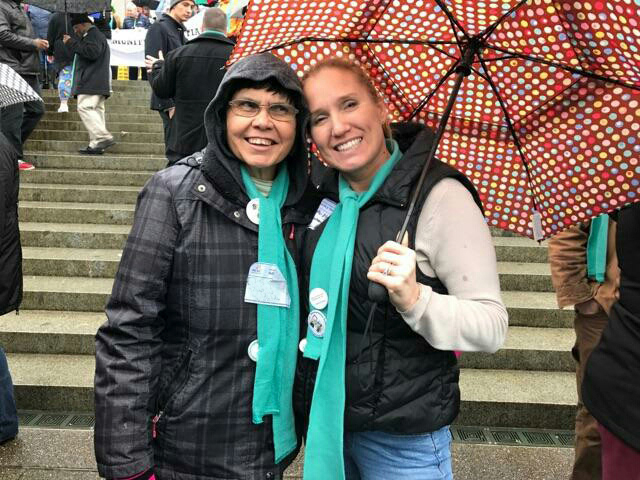
Implementing ‘Nothing About Us Without Us’
Cascade Connections is passionate about the principle of “Nothing About Us Without Us,” and has integrated it into every facet of the organization.
“Our training department has had individuals we’ve served, or individuals that have pursued services, present or co-teach with us, especially for our developmental disability specialty training,” says Hill. “People come in and teach about what they expect in a staff member as well as their experiences receiving services and tips for providing care.”
Some of Cascade Connections’ policies have been reviewed, and people who are receiving services have been asked to review policies as well.
“We’ve supported a number of people to communicate with their elected officials about their lives and what they need,” Nguyen says. “We advocate for all kinds of things, but it speaks volumes when you hear it directly from people who will benefit from the services or legislation and policies and procedures.”
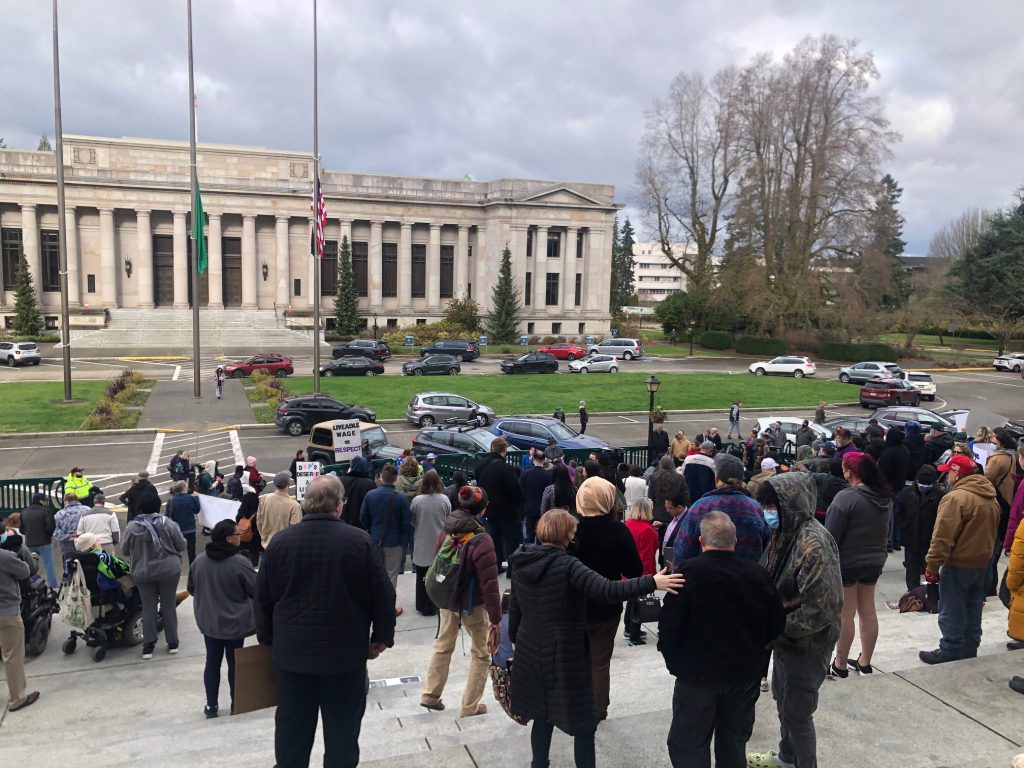
Challenges and Meeting Inclusivity Standards
Education is one of the biggest hurdles in the “Nothing About Us Without Us” initiative. “We need to educate communities on what ‘Nothing About Us Without Us’ means,” says Hill, adding that Cascade Connections has only started taking baby steps to get to where it wants to be as an organization. “We’d like to get to a place where businesses are looking to have diverse feedback and making sure people with disabilities are a part of that process.”
Cascade Connections is dedicated to meeting the inclusivity standards of the initiative and to teaching its organization and the community as a whole what “Nothing About Us” really means. “We’re working to ensure that our Board of Directors, human resources, and our community outreach all include people with disabilities who have an active voice in making decisions for our organization and advocating and educating the community around equality,” Nguyen says.
And they are not looking for token people to be a part of decision making. “We want people to be actively involved and ensure that their voices are heard,” she continues, “regardless of how they communicate.”
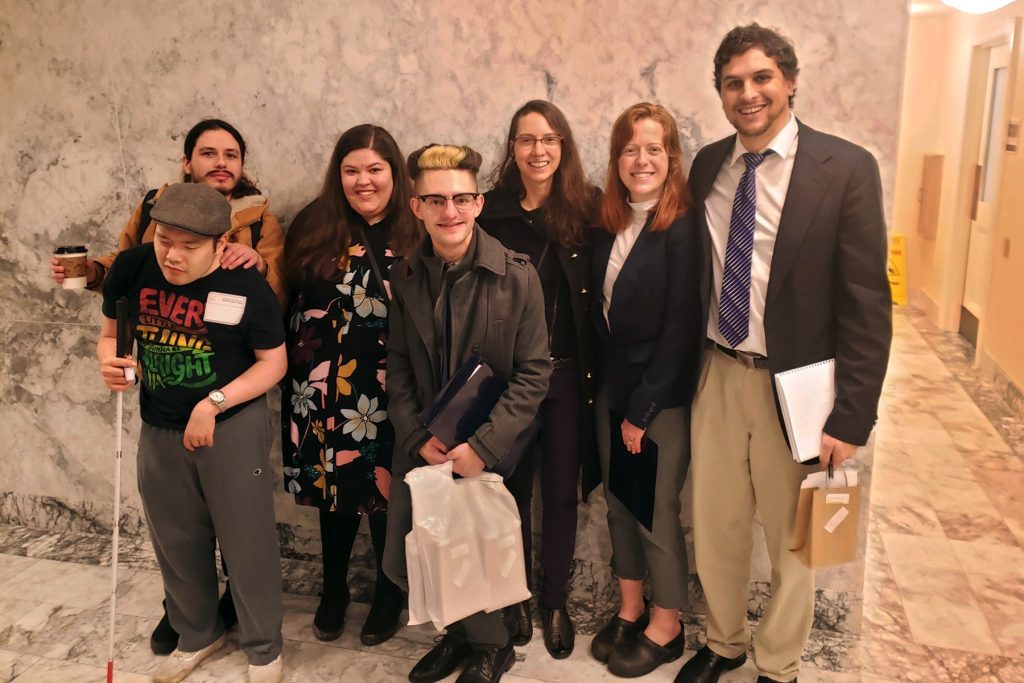
Continuing To Grow
As “Nothing About Us Without Us” gains momentum, the importance of disability advocacy and disability rights throughout our community becomes increasingly vital. Despite the growth in outreach, the need has always been there, especially for disability advocacy.
“We want to first find community members who can be that voice for us, who can look at our policies, who can advocate for things that are important to them,” says Hill. “These individuals can help us know what to focus on as an agency. We’re also looking for an advocate trainer, someone who can be on our training team and be an active participant in training our staff.”
Nguyen emphasizes the approach that Cascade Connections takes to “Nothing About Us Without Us” within its organization. “Right now, we’re focusing on how we can look internally at ourselves,” Nguyen says. Long range, Cascade Connections wants to support people with disabilities to become a bigger part of our community, expressing what they want to see in our community and from the community at large: “Not just people like us who are supporting people to live and work independently. I’d love to support people with disabilities in speaking up in community forums and talking about what they want.”
Community participation is necessary to ensure the success of “Nothing About Us Without Us,” and it’s important to respect and uplift the voices of those who can speak to their own experiences in whatever way they can.
Sponsored

